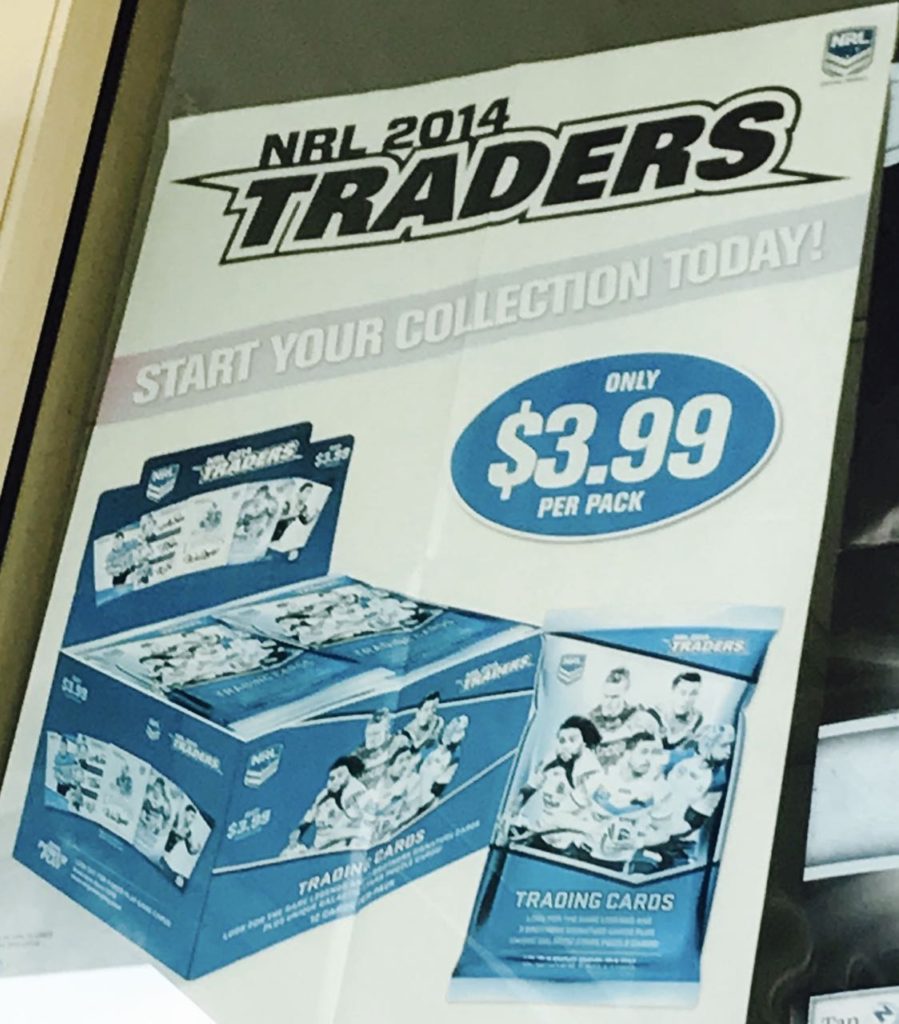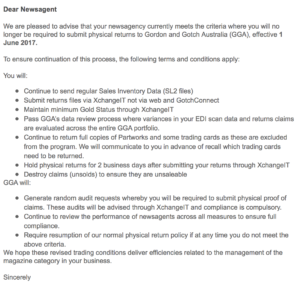Click and collect helps engaged retailers find new shoppers
newsXpress has been offering click and collect for its various member store-connected online websites for months. It is a ripper of a success, both in terms of sales and attracting new shopper traffic.
Click and collect is where people shop online and visit a physical store to pick up the goods purchased. It is a major focus of big business retailers like David Jones, Myer, Officeworks, Coles and others. Offering it shows online shoppers how current you are in your online approach. It builds trust.
Customers like that they can shop online at any time, pay online, and be certain that what they purchased is set aside for them to collect at any time.
It is shop online at any time that matters in that the majority of transactions are done outside usual shopping hours. This gives click and collect businesses an advantage – they can win the sale and bank the revenue while their nearby competitors are closed.
Another benefit of click and collect is that it introduces new shoppers to a business. Two thirds of click and collect shoppers surveyed visit the shop from where they collected the goods for the first time. Half purchased other items while in the store. Close to half came back for more purchases, having discovered what the store sells.
Around a quarter of click and collect shoppers use interest-free online LayBy … meaning they buy now, pay later and get the goods right away. The retailer is paid right away less a tiny processing fee that is not much more than the usual credit card fee.
Click and collect is not a massive game changer. Rather, it is a small step in a series of steps that make up a successful comprehensive online strategy.
A comprehensive online strategy is key to competing with other online businesses as well as with other high street businesses.
The way newsXpress leverages click and collect is through offering access to absolutely current stock on hand data for sought after brands. Having this, updated every 5 minutes 24/7 is what shoppers want when shopping online. It is hard to achieve – this is a reason many small and independent retailers and retail groups have not done it.
Online is big and growing. You only have to look at data from any of the online giants to understand this.









